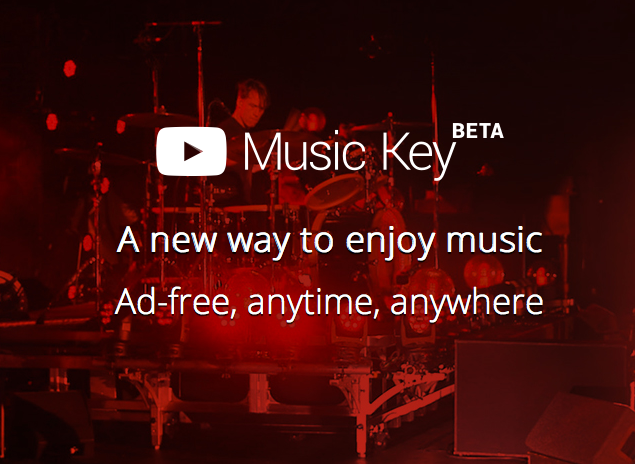YouTube Music Key: A New Player in Subscription Streaming
November 18, 2014
For years, Google’s YouTube has been the most visited online destination for free music. And while other companies such as Pandora and Spotify have opted for a pay model to provide consumers with unlimited, uninterrupted music content, YouTube remained out of the subscription streaming business — until now. Last week, YouTube unveiled YouTube Music Key, a music streaming service that offers higher quality, access anywhere, ad-free music for $10 per month.
“We want to give fans more ways to enjoy music on YouTube, but also give artists more opportunities to connect with fans and earn more revenues,” said Christopher Muller, YouTube’s director of music partnerships.
With a pay subscription streaming service, YouTube can finally compensate artists based on royalties as opposed to money from shared ad revenues, notes The New York Times.
Recently, online streaming services have received criticism from the record industry for their models of compensating artists. Taylor Swift, for example, removed her entire collection of music from Spotify when the company ignored her request to make her music only available to pay subscribers.
According to The Wall Street Journal, paying customers represent about 12.5 million of Spotify’s net users compared to about 37.5 million free users.
The growth of subscription services was expected to yield much needed payoffs for the record labels. Unfortunately, as NYT reports, both album sales and digital downloads have been plummeting.
Analyst Mark Mulligan suggests that as “recently as five years ago, free was entirely about piracy, now free is widespread and completely within the legitimate sphere.” Most listeners know they can access most songs online for free granted they can stomach advertising.
Some analysts and music industry execs are unconvinced that YouTube can draw heavy numbers for its pay subscription service. Midia Research predicts YouTube may “cost the music industry $2.3 billion in lost revenue” as the market for potential subscribers consists of current YouTube listeners that are already satisfied with the platform’s free music capabilities.
However, others such as Sam Valenti, founder of independent label Ghostly, believe the music industry is responsible for finding a way to make pay music possible once again. “YouTube has allowed a lot people to discover music, and if that is where people feel good about listening, then it’s the music industry’s job to figure out how to make that work,” he said.
YouTube Music Key is expected to launch in the United States and parts of Europe. A beta version is available by invitation only and a full version of the service is set for next year.


No Comments Yet
You can be the first to comment!
Sorry, comments for this entry are closed at this time.